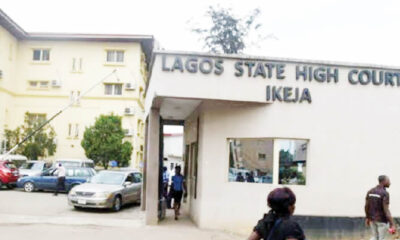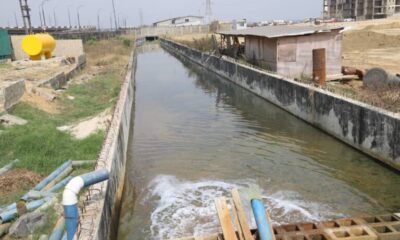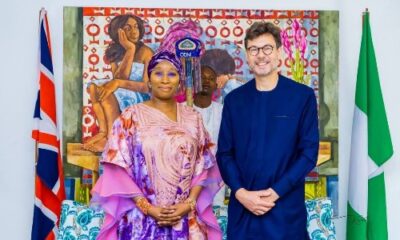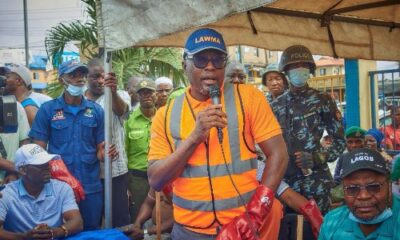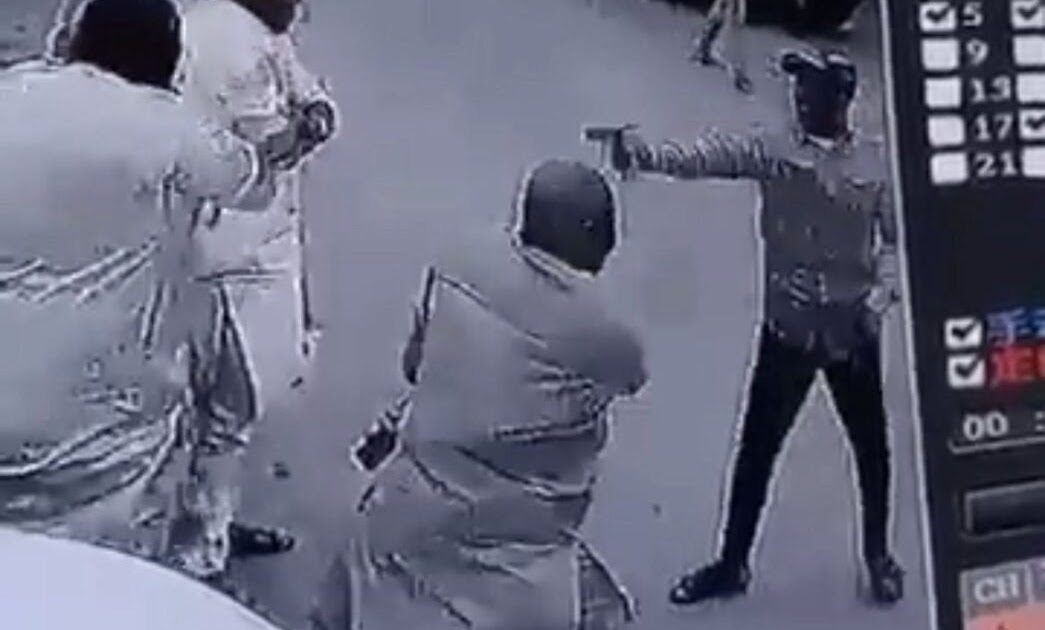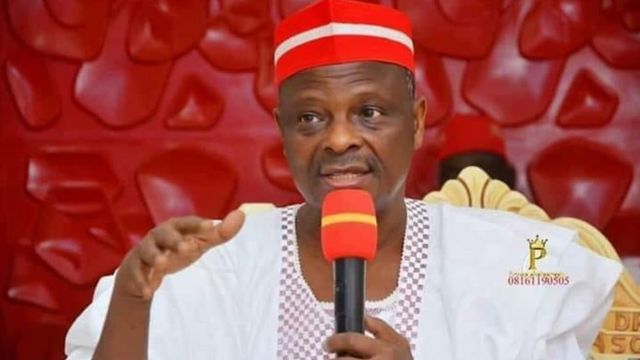The Governor of Lagos State, Mr Babajide Sanwo-Olu, says worship centres in the state will be allowed to reopen from Friday, August 7.
He said Muslim worshippers are allowed to begin their services from Friday while Christian worshippers could begin their Sunday services on August 9, noting that the permission applies to Churches that have their main worship days on Saturdays.
He, however, warned that the religious centres would only be allowed to operate at 50 per cent of their capacity, noting that the safety protocols released by the government must be strictly adhered to.
Worship centres in the state have been shut since March as part of measures to contain the spread of COVID-19.
In June after the Presidential Task Force on COVID-19 approved the reopening of worship centres, the state government on June 4 asked mosques to reopen from June 19, and churches from June 21.
But, at a press briefing on June 16, the governor cancelled the plan due to increasing COVID-19 cases.
Speaking at a press briefing on Saturday, Sanwo-Olu said, “Places of worship in Lagos State will be allowed to open from Friday, August 7 for our Muslim worshippers, and Sunday the 9th of August for Christian worshippers, but only at 50 per cent of their capacity. Churches whose main worship days fall on Saturdays are permitted to hold their services on Saturdays.”
He stressed that worship centres would not be permitted to have other services or fellowships outside of their main weekly services that hold once a week, but that they could schedule multiple services on their designated worship days. He said vigil remained prohibited till further notice.
Among the conditions to be met by the religious centres planning to reopen, he said persons above 65 were strongly discouraged from attending services and that the ‘No Facemask, No Entry’ policy must be maintained throughout the duration of services.
He added, “Regular cleaning and disinfection of facilities must be carried out to maintain clean and hygienic environments before and after every service. Appropriate screening equipment for COVID-19 symptoms such as a contactless temperature check must be available for entrants into the facility.
“It is mandatory to provide hand-washing facilities and sanitisers at the entry and exit points; national emergency response phone lines must be displayed prominently on the premises and handshakes, hugs and high fives are not permitted at gatherings.”
He stated that the use of stationary collection boxes and electronic methods for collection of the offering must be encouraged and that the flow of human traffic in and out of the premises must be conducted in an organised manner.”
Sanwo-Olu said the number of cases had been decreasing over the past two weeks, adding that from August 14, restaurants would be permitted to open for in-dining services while social clubs and recreational centres would also be allowed to open, on the proviso that they maintain a 50 per cent occupancy capacity and obtain Provisional Safety Compliance Certificate from the government.
He added that the permissible capacity for public gatherings had been increased from 20 to 50 persons, warning that the closure of all spas, bars, lounges, night clubs, cinemas, games arcades remain till another review before the end of the month.
On the reopening of schools, the governor said secondary schools would reopen for only exit classes from August 3 as planned, adding that all standard precautions must be put in place by school authorities. “The Lagos State Government will make face masks available to all schools to which this reopening exemption applies, for the duration of the reopening,” he added.
Meanwhile, the Permanent Secretary, Office of Environmental Services, Lagos State Ministry of the Environment and Water Resources, Mrs Aderonke Odeneye, said the government had intensified the periodic fumigation/decontamination of all public secondary schools in the state.
A statement by the Director, Public Affairs, Kunle Adeshina, quoted Odeneye as saying that majority of the public secondary schools in the six educational districts, including all model colleges, had been reached.
It added, “The fumigation exercise which is ongoing, preparatory to resumption for terminal classes will continue after the West Africa Examination Council exams.”
While thanking frontline health workers; non-medical personnel like drivers, cleaners and attendants; monitoring and compliance teams and the private sector for their continuing sacrifice, support and courage, he said compliance with safety protocols remained important.
As of Friday, the governor said Lagos State had 15,150 confirmed cases, out of which 10,835 persons have been discharged and 194 persons have died as a result of the virus.
He added, “This leaves us with 1,813 active cases in community and 96 under management across various isolation centres in the state.”
He also said the Eti-Osa isolation centre had been shut down while the one in Agidingbi would soon be closed too.
“We now have two pathways through which confirmed cases are managed; either through our home-based strategy or in designated COVID care centres,” he added.

 BIG STORY8 hours ago
BIG STORY8 hours ago
 BIG STORY3 days ago
BIG STORY3 days ago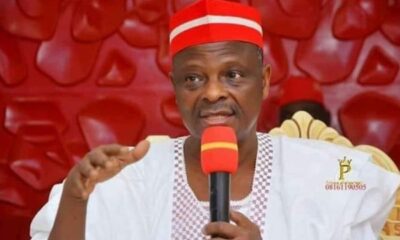
 BIG STORY1 day ago
BIG STORY1 day ago
 BIG STORY2 days ago
BIG STORY2 days ago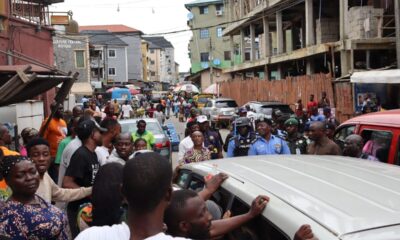
 BIG STORY2 days ago
BIG STORY2 days ago
 BIG STORY4 days ago
BIG STORY4 days ago
 BIG STORY4 days ago
BIG STORY4 days ago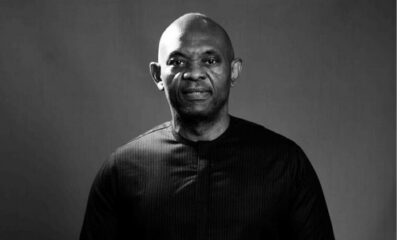
 BIG STORY4 days ago
BIG STORY4 days ago









